CityAI Lab: "A place where data, AI and behavioural theory come together"
Cities are hotspots of human activity that have increased our prosperity, happiness, and health. Yet the future liveability of cities around the world is under pressure as they face major social-technical challenges. Those challenges include crumbling social cohesion, income inequality, overcrowding of public spaces, and unhealthy local environments caused by factors such as heavy traffic and noise pollution. CityAI Lab examines the pivotal role that the urban environment plays in tackling such challenges.
Our research focuses on unravelling how the urban environment and human behaviour dance a tango. It capitalises on advances in machine learning and on the wealth of data available now at a city level. We combine these with established theories on planning and behaviour, hoping to contribute to the development of more attractive and liveable cities.
The CityAI Lab is part of the TU Delft AI Labs programme.
PhD Research Projects
Click on one of the projects to learn more about what we are doing at the CityAI Lab.
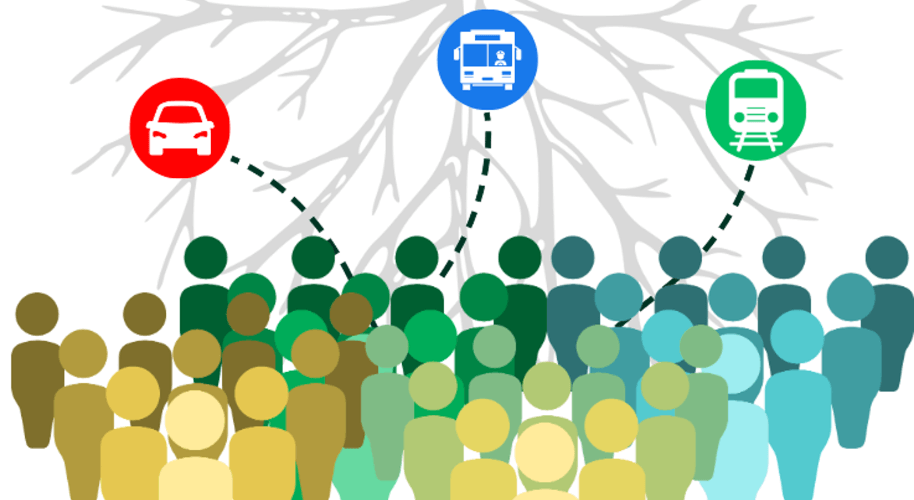
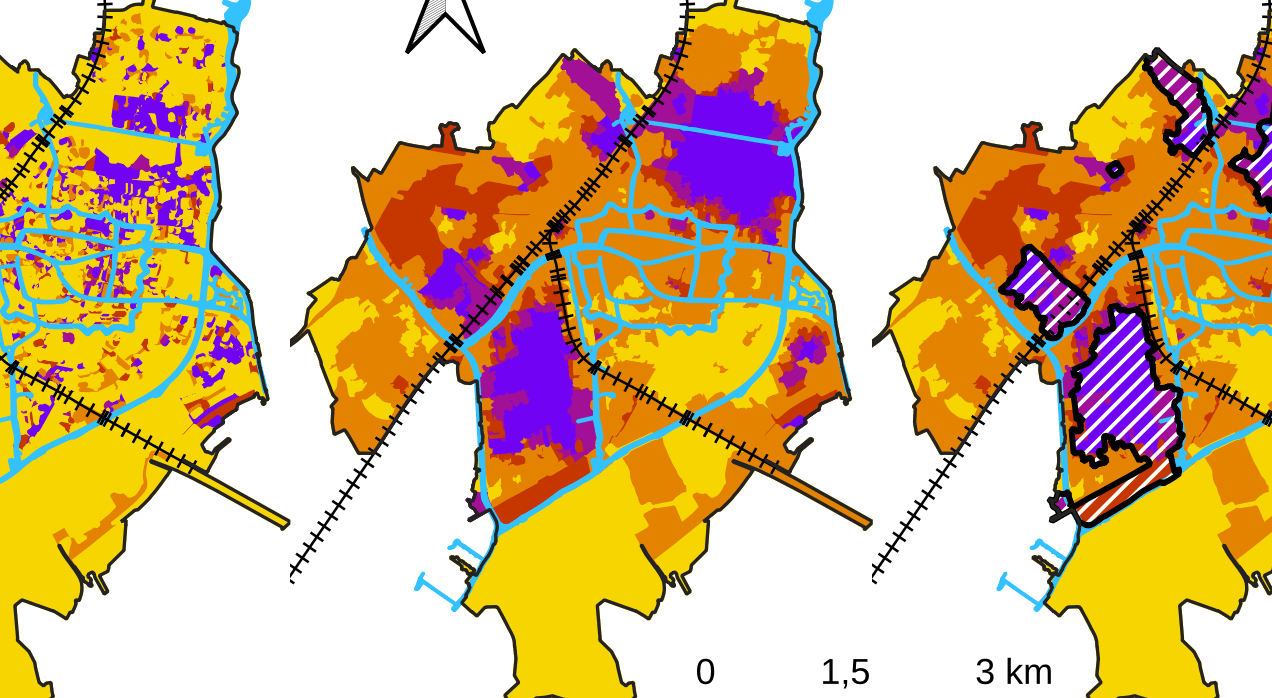
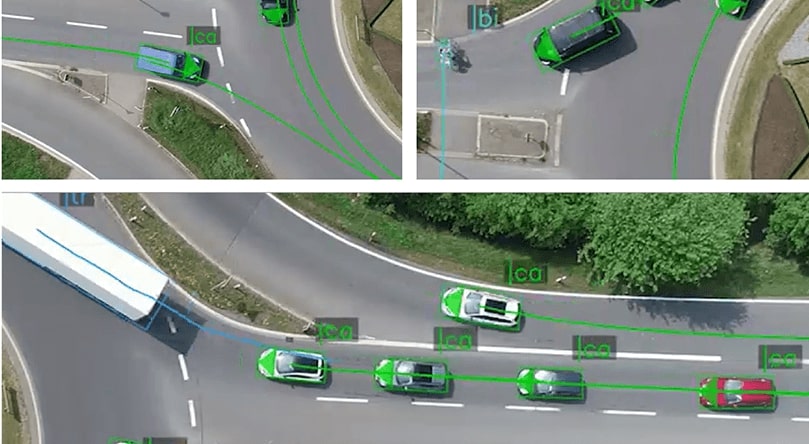
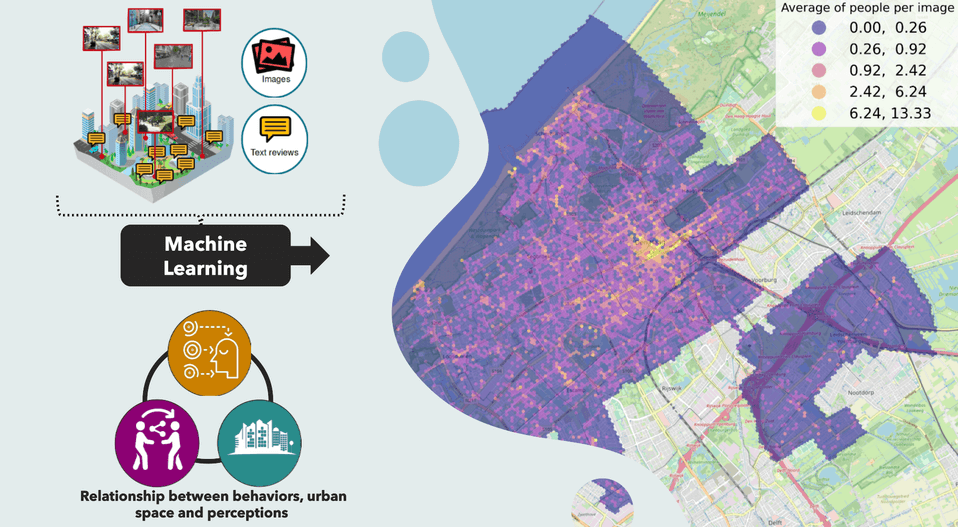
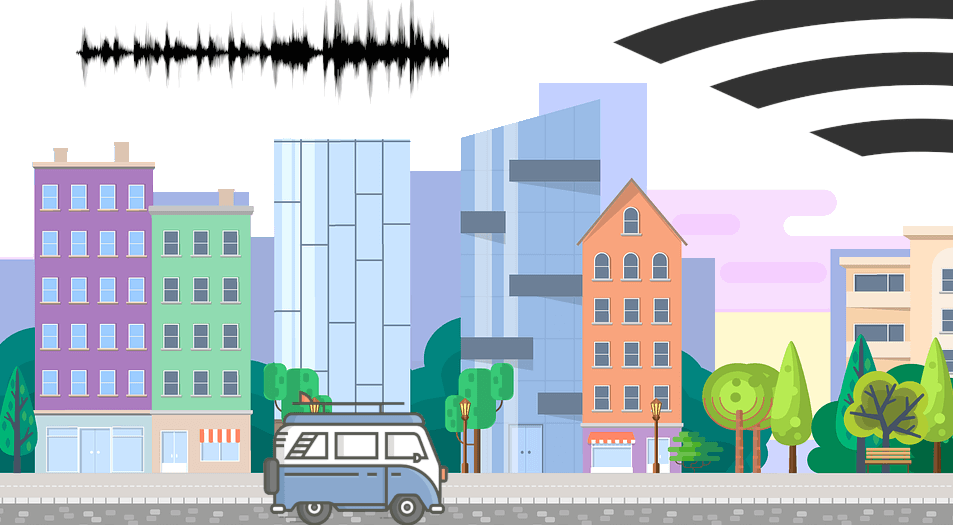

Highlights
Yiru Jiao successfully defended her PhD dissertation!
January 2026 - Yiru Jiao has successfully defended her PhD dissertation titled "Proactive Collision Risk Quantification in Multi-directional Traffic Interactions". Moreover, she was awarded the cum laude distinction for her outstanding research performance throughout her PhD journey. What a wonderful achievement!! See this post. You can find her dissertation in the TU Delft Repository.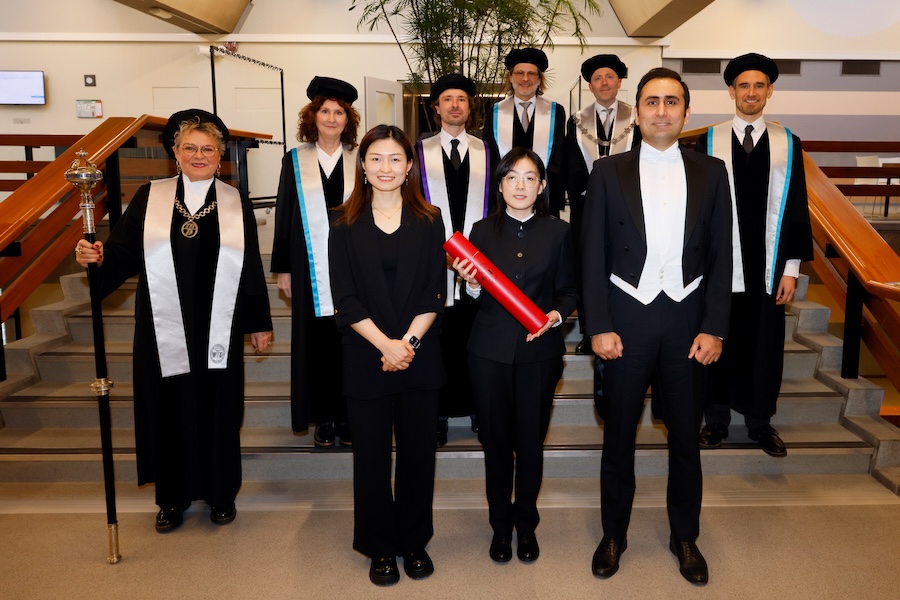
New paper published on structure-preserving contrastive learning for spatial time series
October 2025 - The paper introduces two regularisers at microscopic and macroscopic scales for contrastive learning of spatial time series. The regularisers preserve fine-grained similarity structures across time or instances. Better preservation of similarity structures implies more informative representations in neural networks and improves performance on classification and multi-scale traffic prediction. This work is published (open-access link) in the journal Artificial Intelligence for Transportation, along with open-source code repository.
MSc student Pepijn Herfkens graduated
July 2025 – Pepijn Herfkens successfully defended his thesis on Edge AI for Urban Noise Monitoring: Perceptual Soundscape Prediction on Low-Cost Sensors. You can find his thesis in the TU Delft Repository. During his research, he trained tiny models to predict the human perception of sound environments. He further analyzed how well such models can generalize and what this means for the use of such models in policy making.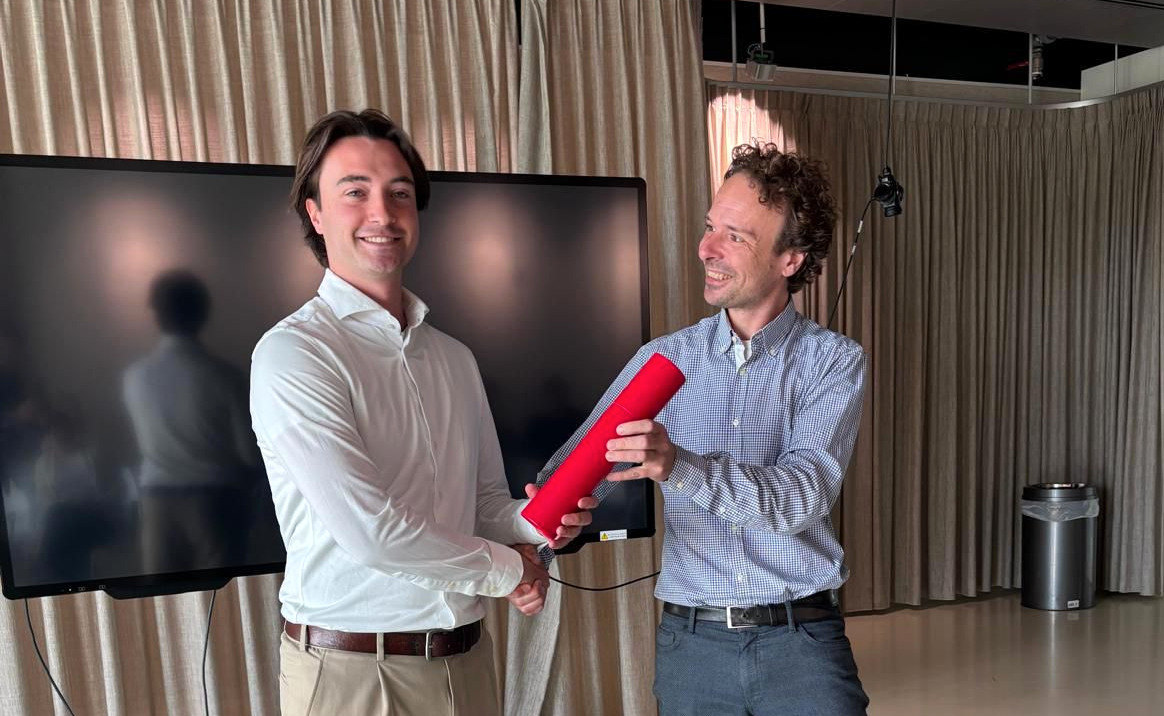
CityAI Lab at hEART 2025 – Technical University of Munich
June 2025 – Members of the CityAI Lab participated in the 13th Symposium of the European Association for Research in Transportation (hEART 2025), held from 10–12 June at the Technical University of Munich. Our group contributed several presentations showing research at the intersection of machine learning, street-level imagery, and discrete choice modellingPresented Contributions:
-
Road network classification based on street-level images and its machine learning embedding features
Francisco Garrido-Valenzuela, Max Lange, Juan Carlos Herrera, and Oded Cats -
Improving choice model specification using reinforcement learning
Gabriel Nova, Sander van Cranenburgh, and Stephane Hess -
Understanding cycling route choice behaviour through street-level images and computer vision-enriched discrete choice models
Roosmarijn Terra, Francisco Garrido-Valenzuela, Oded Cats, and Sander van Cranenburgh -
A utility-based spatial analysis of residential street-level conditions: A case study of Rotterdam
Sander van Cranenburgh and Francisco Garrido-Valenzuela -
Uncertainty-aware probabilistic travel demand forecasting for Mobility-on-Demand services
Tao Peng, Jie Gao, and Oded Cats -
Olympic Games passenger flow analysis and forecasting
Vincent Bories, Rémi Coulaud, Yanan Xin, and Oded Cats -
Potential Profitability of a European High-Speed Rail Network
Dion Mol, Alessandro Bombelli, Oded Cats, and Frederik Schulte -
Access graph: A novel graph representation of public transport networks for accessibility analysis
Tina Šfiligoj, Aljoša Peperko, and Oded Cats
Visiting Researcher: Gabriel Nova at the Choice Modelling Centre
June 2025 – Gabriel Nova completed a research visit at the Choice Modelling Centre, Institute for Transport Studies, University of Leeds. He was hosted by Georges Sfeir and Stephane Hess. During his stay, Gabriel conducted research on how to use large language models (LLMs) to automate the utility specification process in discrete choice modelling. This visit contributed to advancing methods that integrate AI techniques into the choice modellers' workflows.Visiting PhD Researcher: Koichi Ito
May 2025 - We are excited to welcome Koichi Ito as a visiting PhD researcher at the CityAI Lab from May to July. During his stay, Koichi will conduct research on how the environment influences the perception of cycling safety, using emerging spatial data sources such as street-view imagery, combined with machine learning and deep learning techniques. We look forward to the insights he will bring!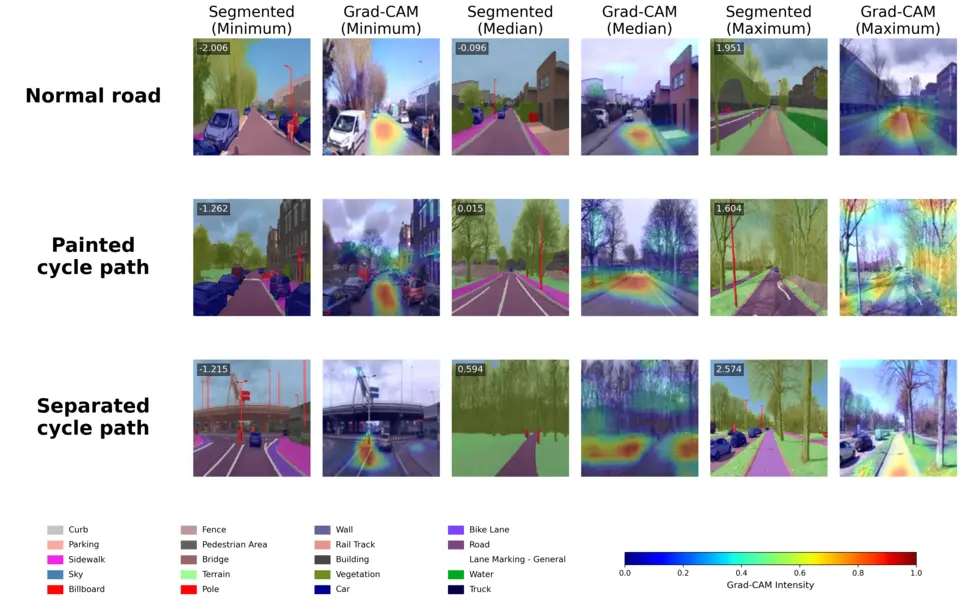
New paper published on unified probabilistic approach to traffic conflict detection
January 2025 - The paper provides an explainable and generalisable approach that enables consistent conflict detection across traffic environments. Conflicts are modelled as context-dependent extreme events in normal interactions. The approach supports scalable and reliable traffic safety research in the future. This work is published (open-access link) in the journal Analytic Methods in Accident Research, along with open-source code repository.
New paper published on integrating computer vision models into random utility-based discrete choice models
December 2024 - In our paper, we integrate computer vision models into random utility-based discrete choice models. Specifically, we propose a new class of discrete choice models capable of handling choice tasks involving numeric attributes and images and demonstrate their merits by applying them to residential location behaviour. The paper is published in Transportation Research Part A. Check it out! Also, we have made the data from our stated choice experiment openly available at the GitHub repository.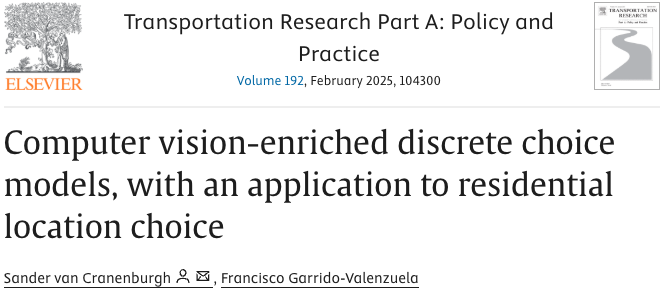
MSc student Esteban Ralon Santizo graduated with Cum Laude!
July 2024 - MSc student Esteban Ralon Santizo graduated with Cum Laude! Check out his thesis on Urban Fragmentation & Spatial Segregation Patterns in Europe.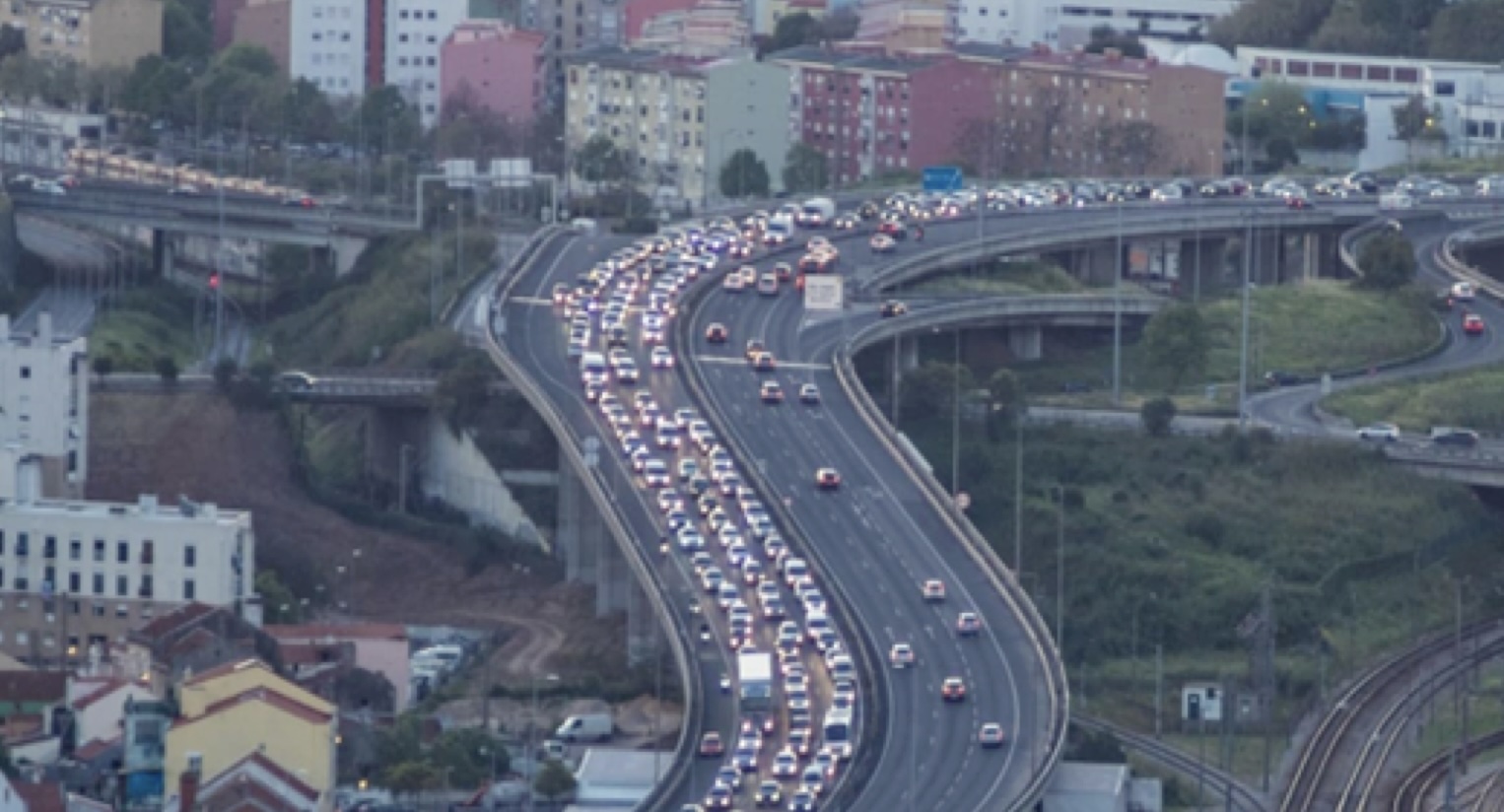
MSc student Lanlan Yan graduated!
June 2024 - Lanlan Yan - an MSc student at the CityAI lab - has successfully defended her thesis entitled "Impacts of Micro-Scale Built Environment Features on Residential Location Choice: a computer vision-aided assessment". Congrats to Lanlan! Her thesis can be found (here link).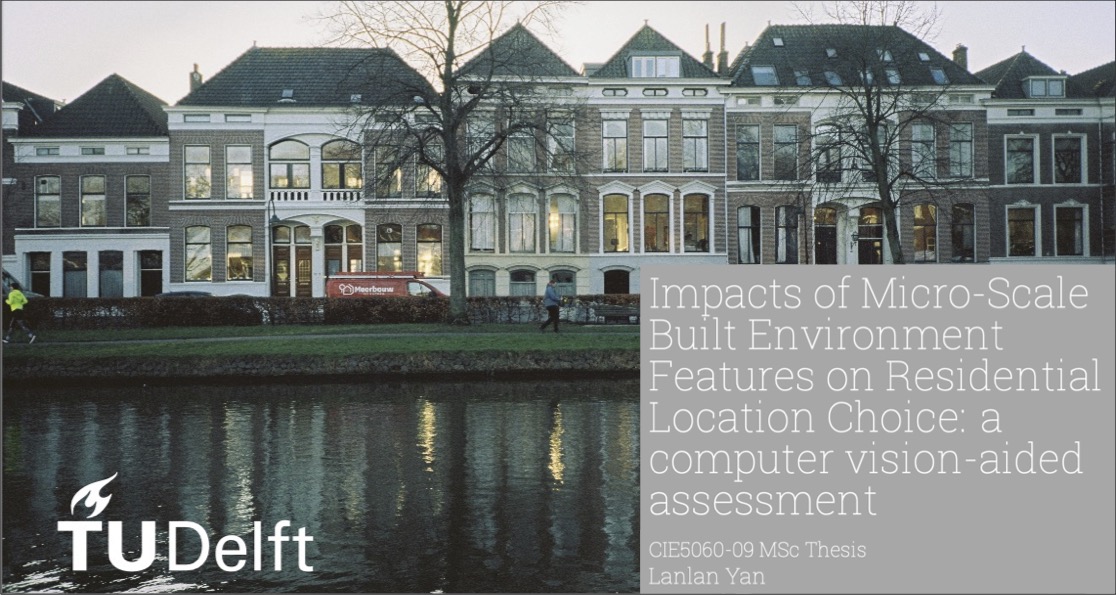
New paper published on the interaction between human drivers and automated vehicles
June 2024 - The paper examines non-behavioural reasons for the shorter following distances of human drivers behind automated vehicles compared to human-driven vehicles. It explores observational biases and systematic differences, and calls for careful interpretation of behavioural insights from non-experimental data. This work is published (open-access link) in the journal Transportation Research Part C: Emerging Technologies, along with open-source code repository.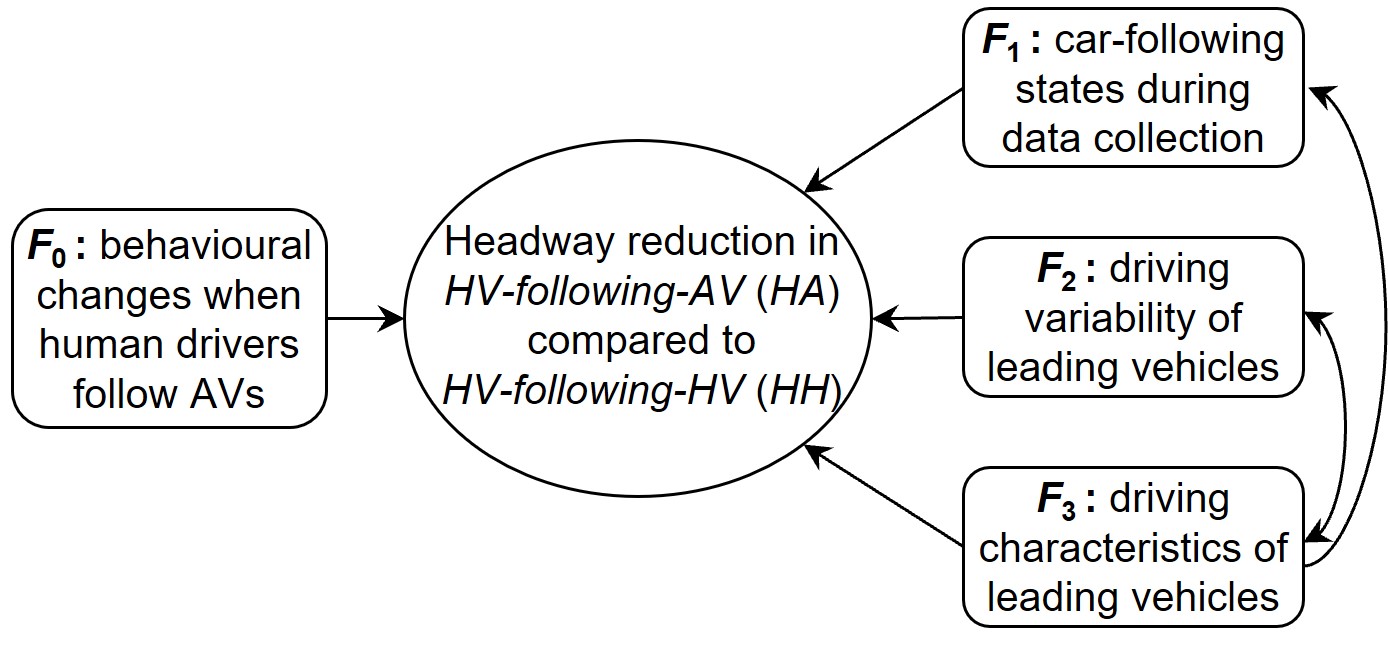
CityAI lab collaborates with Municipality of Rotterdam and EUR on urban liveability
May 2024 - The Municipality of Rotterdam, Erasmus University Rotterdam (EUR), and the Delft University of Technology (TUD) have initiated a new collaboration centred around the topics of liveability and smart asset management. The project, called “Urban Intelligence for Liveability and Asset Management“, aims to improve the liveability of outdoor urban spaces and spans 2.5 years. The key idea is to leverage AI and urban data analytics to develop new strategies for increasing the city’s liveability while considering asset maintenance costs. At the heart of the collaboration lies the Municipality of Rotterdam’s commitment to enhancing the quality of life for its citizens and addressing the structural challenges in asset management stemming from, inter alia, climate change, changing population demographics and urbanisation trends. Click here for more information.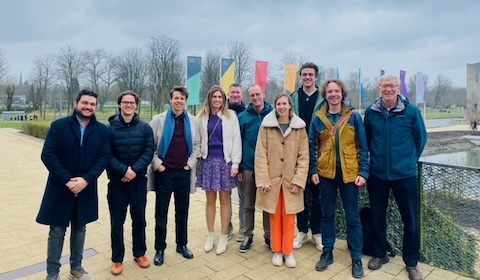
New paper published on the evolution of residential segregation
April 2024 - The paper investigates the evolution of residential segregation patterns in the Netherlands in the period 2015 - 2020, with a focus on the population with a non-western migration background. It is published (open-access) in the journal Cities. Here is the link to our paper.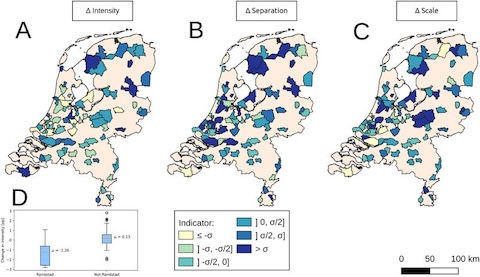
Lion Cassens wins Responsible Solutions in the Smart City challenge!
Dec 2023 - The Responsible Sensing Lab -an initiative by Amsterdam Institute for Advanced Metropolitan Solutions (AMS) and the City of Amsterdam - announced Lion Cassens as one of the winners of their call for proposals: Responsible Solutions in the Smart City. The jury believes his project, which involves using smart noise sensors to map the perceived noise soundscapes in urban environments- offers an innovative idea to bridge the gap between public values and smart city technology. The Responsible Sensing Lab will provide financial support and resources to transform the ideas into a tangible prototype in the city of Amsterdam. In the months ahead, Lion will work with the AMS and the municipality of Amsterdam to roll out a network of noise sensors. Read more about the cooperation here.
The Team
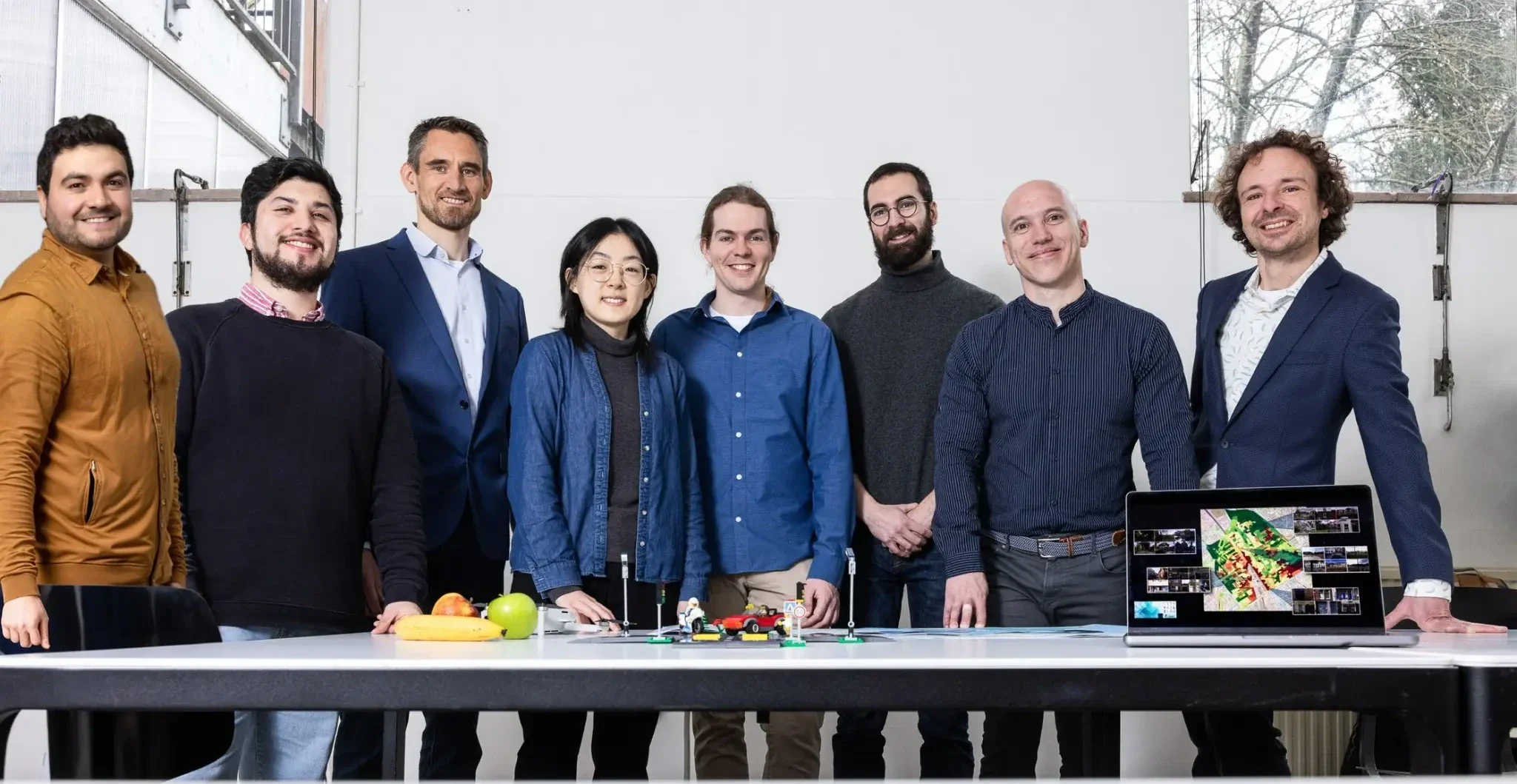 Photo: Marieke de Lorijn (AI edited)
Photo: Marieke de Lorijn (AI edited)
Directors
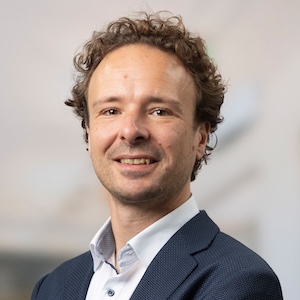
Faculty of TPM
Lab director

Faculty of CEG
Lab director
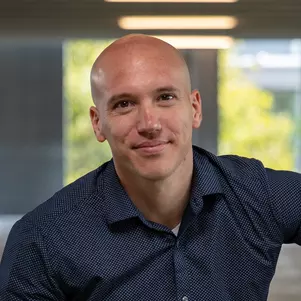
Faculty of CEG
Lab director
PhD Candidates

PhD Candidate

Defended Feb. 2026

PhD Candidate

PhD Candidate

PhD Candidate
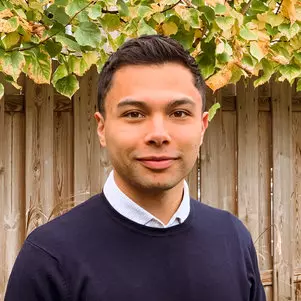
PhD Candidate
Associated faculty

Associated Faculty

Associated Faculty
Master students
Master student
Master student
Master student

Master student